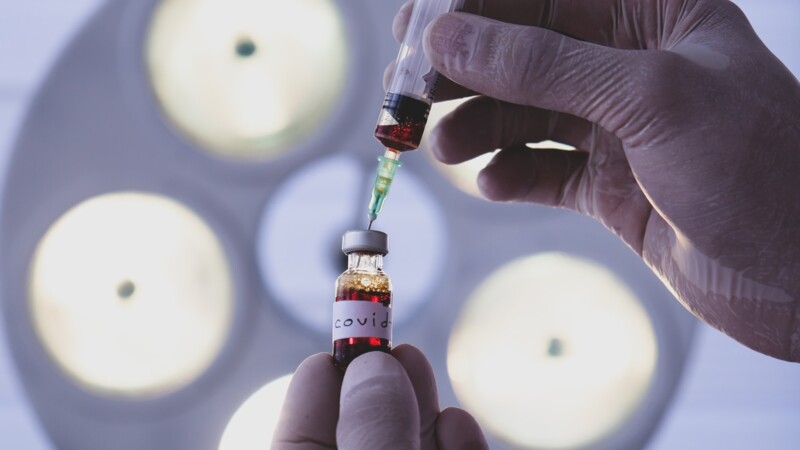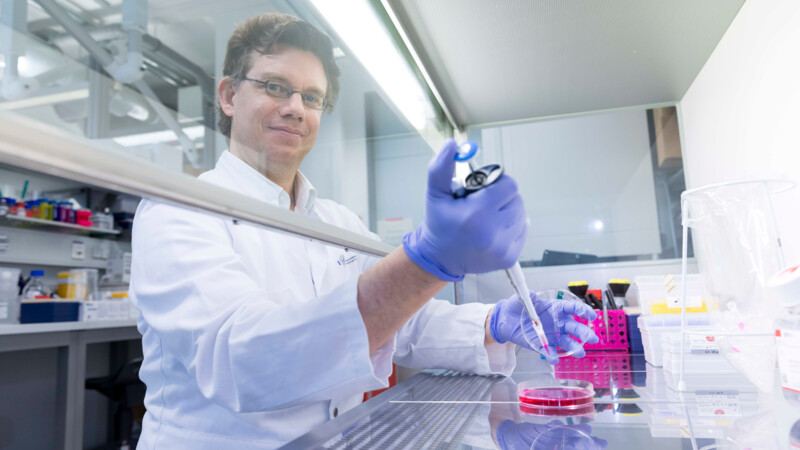"Autopsies can very quickly provide important findings that can decisively improve the risk assessment, diagnosis and treatment of patients," said Prof. Dr. Martin Aepfelbacher, Dean of Research at UKE. The Sars Cov-2 pathogen is a multi-organ virus, i.e. and can attack the lungs and other organs. This is just one of the findings gained from autopsies.
The University Hospital Hamburg-Eppendorf (UKE) and the University Hospital RWTH Aachen have joined forces to set up the "German Research Network Autopsies in Pandemics" (DEFEAT PANDEMIcs) network, a press release said in October. The platform will use data and knowledge gained from autopsies to help cope with the COVID-19 pandemic and others in future. The German Ministry of Education and Research (BMBF) has earmarked some EUR 7 million for the project.
Role of autopsies in corona pandemic
Association of 27 university hospitals and institutions
Drawing up a national register would require the analysis of collected tissues and body fluids in the form of virological, genomic or imaging studies. Around 27 German university hospitals and numerous institutions such as the Robert Koch Institute (RKI), the Henrich Pette Institute (HPI), the societies for pathology, neuropathology and forensic medicine, the Bundeswehrkrankenhaus Ulm and the Society for Virology and the UKE's institutes of pathology, neuropathology, forensic medicine, the institutes of medical microbiology, virology and hygiene are involved in the new research network.
Network for best possible patient care
The "German Research Network Autopsies in Pandemics" is also part of the "Network University Medicine". The network aims to pool the expertise and resources of as many German university hospitals as possible to ensure the best possible care of COVID-19 patients.
rr/sb/pb
Sources and further information
More
Similar articles

UKE to start tests of corona vaccine in mid-October

UKE study identifies Sars-Cov-2 pathogen as multi-organ virus

Hamburg News looks at corona in United States
